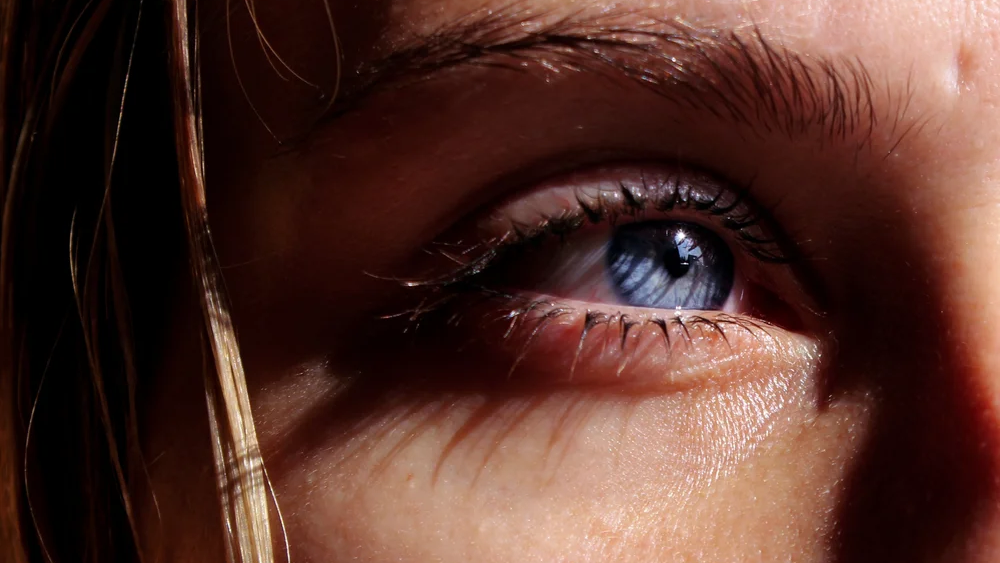How to Manage Dry Eyes Caused by Your Medications: Expert Treatment Tips

Are you experiencing dry, scratchy eyes and not sure why? The answer could be as close as your medicine cabinet. Many common medications can cause dry eyes as a side effect, affecting your comfort and vision health. Understanding which medications can lead to dry eyes and how clinical-grade eye care can help manage these symptoms is crucial for maintaining healthy, comfortable eyes.
Medications That May Cause Dry Eyes
Dry eyes can be more than just annoying. They can have a real impact on your daily life and vision health. Several types of medications are known to reduce tear production, which can lead to dry eye symptoms. Here are some common culprits:
- Antihistamines and Decongestants: Often used for allergies and colds, these medications can interfere with tear production. While they relieve nasal congestion and other symptoms, they can also reduce the moisture in your eyes.
- Blood Pressure Medications: Beta-blockers and diuretics are commonly prescribed for hypertension but can also decrease tear production and secretion.
- Antidepressants: Certain antidepressants, particularly those classified as SSRIs (selective serotonin reuptake inhibitors), can contribute to dry eye symptoms.
- Acne Medications: Oral medications for acne, especially isotretinoin-based treatments, are known to affect the oil glands around your eyes, leading to dryness.
- Hormone Replacement Therapy: Medications that alter hormone levels, including some treatments for menopause symptoms, can affect tear production and lead to dry eyes.
- Pain Relievers: Over-the-counter nonsteroidal anti-inflammatory drugs (NSAIDs) and some prescription pain relievers can also cause eye dryness.
Why It Happens
When your body's ability to produce tears is compromised, it affects the eye's natural lubrication system. Tears are essential for providing clear vision, protecting against infection, and ensuring that your eyes remain comfortable and healthy. Without enough tear production, you may experience symptoms such as irritation, redness, a gritty feeling, or blurry vision.
Clinical-Grade Eye Care Solutions Will Help
Managing dry eyes caused by medications involves more than just using over-the-counter eye drops. Clinical-grade eye care is designed to provide advanced solutions that target the specific causes of dryness. Here’s how professional eye care can make a difference:
The Importance of Consulting With a Professional
If you're experiencing dry eye symptoms and are on medication, it's essential to consult with an eye care professional. They can assess whether your medications are contributing to the issue and recommend appropriate clinical-grade treatments that go beyond basic relief.
The great news is you can find the clinical-grade care you need here at eyecart.
Remember, enduring dry eyes doesn't have to be a part of your daily life. With the right clinical-grade eye care, you can enjoy clear, comfortable vision—even while managing other health conditions with medication.
